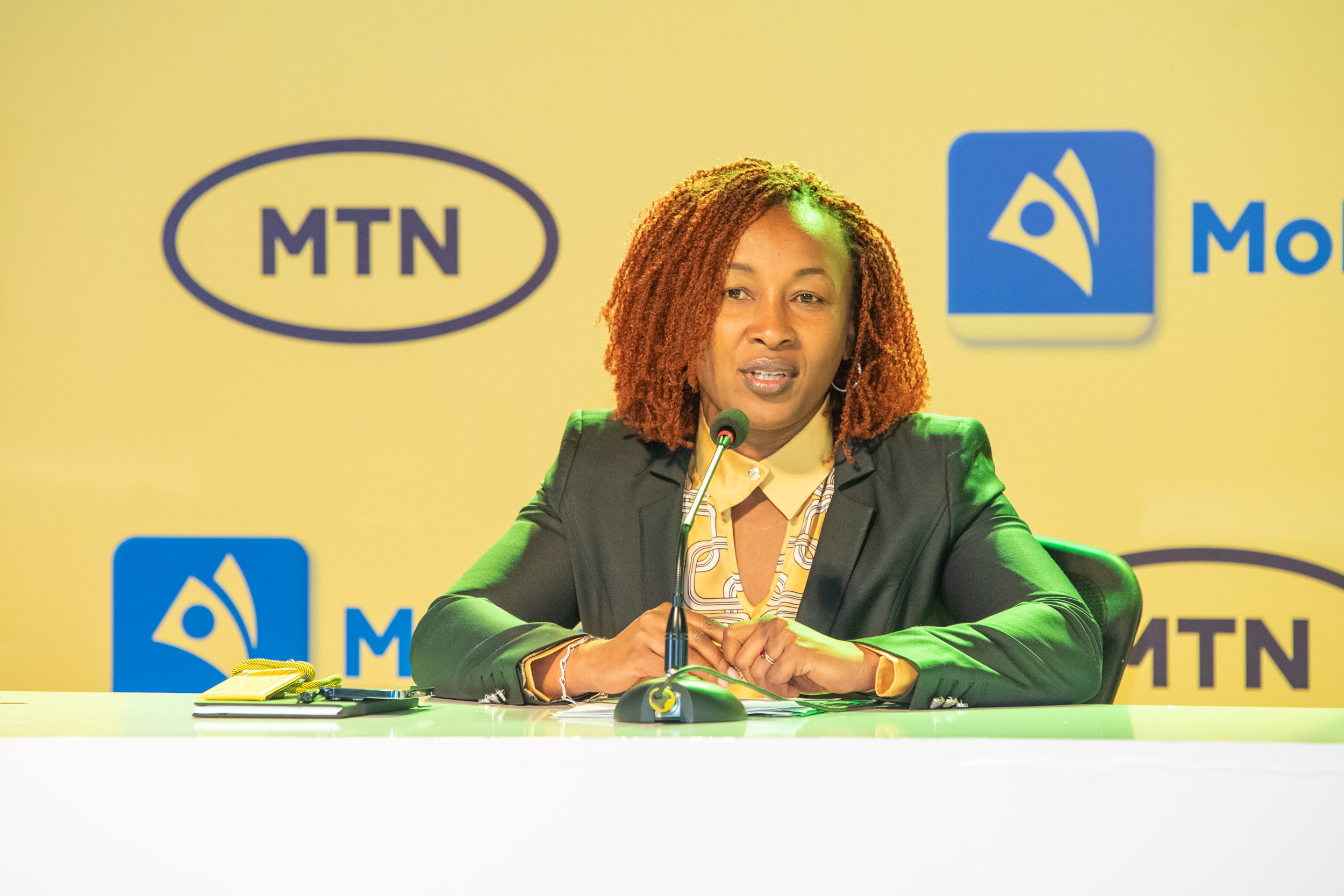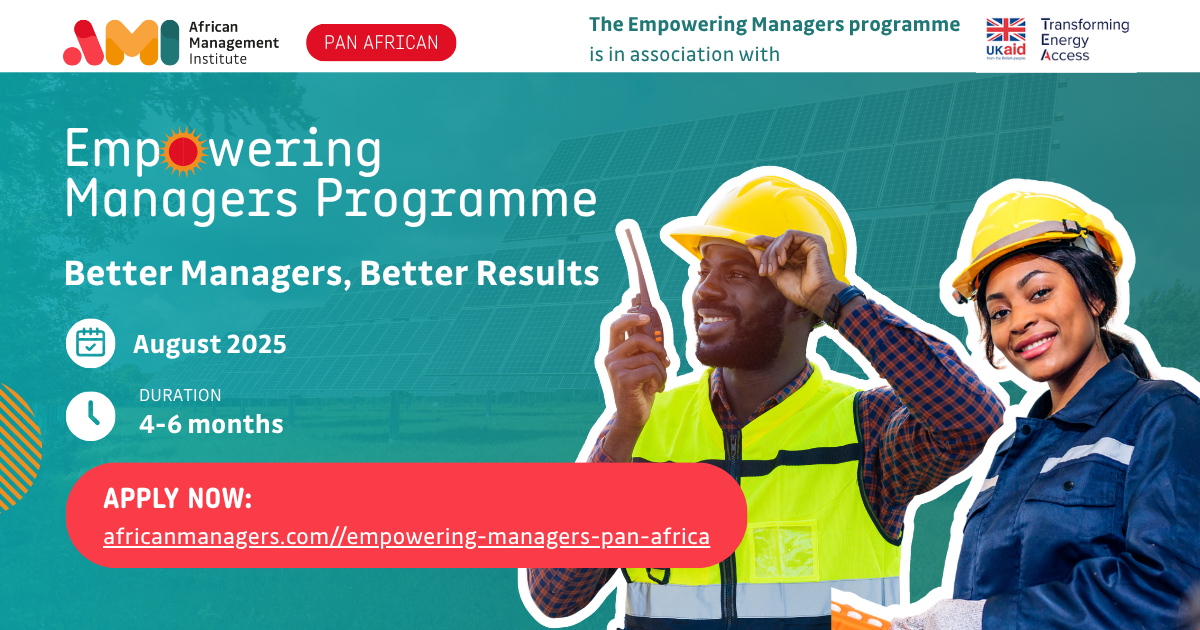Technology
👨🏿🚀TechCabal Daily – $9 million for the main course
In partnership with Lire en Français اقرأ هذا باللغة العربية Good morning. For the third consecutive year, we are excited to announce Sabi as the headline sponsor of our flagship event, Moonshot by TechCabal. Launched in 2021, Sabi is building the digital backbone of African trade. The company is...
TechCabal
published: Aug 12, 2025



Good morning. 
For the third consecutive year, we are excited to announce Sabi as the headline sponsor of our flagship event, Moonshot by TechCabal.
Launched in 2021, Sabi is building the digital backbone of African trade. The company is transforming the way the world sources African commodities – bringing transparency, trust, and efficiency to fragmented mineral supply chains across the continent. Learn more here.
We look forward to welcoming you to this year’s edition of Moonshot by TechCabal on October 15th and 16th, 2025, at the Eko Convention Centre in Lagos, Nigeria. Don’t miss your chance to be a part of it, get your tickets today!

Funding
Chowdeck secures $9 million to launch new commerce strategy and expand operations

Chowdeck, a Nigerian on-demand delivery startup, just announced a $9 million Series A funding round.
The equity round was funded by Novastar Ventures, with participation from Y Combinator, AAIC Investment, Rebel Fund, HoaQ, and others.
Chowdeck will use the new funds to implement a quick commerce strategy and expand their presence in more cities in Nigeria and Ghana.
ICYMI: The raise comes after Chowdeck acquired Mira, a point-of-sale solutions provider for the food and hospitality industry, back in June. The acquisition added Mira’s inventory management, financing, and payment processing tools to Chowdeck’s delivery platform. Chowdeck also recently crossed the 1,000 daily orders milestone in Ghana, just three months after setting up shop in Accra. This feat took 11 months to reach back in Nigeria.
Why does this raise matter? The funding signals a welcome development: investors are increasingly confident in funding local operators in the logistics sector that can bring deeper local insights, targeted and successful execution. This is good news for a sector where foreign players like Jumia Food and Glovo struggled to turn profits in places like Nigeria and Ghana.
State of play: Femi Aluko, CEO and co-founder, said they will focus on improving growth plans, reducing delivery times, expanding their grocery footprint and attracting the talent needed to drive innovation in the startup. Chowdeck aims to open 40 distribution centers that exist exclusively for online shopping, known as dark stores, by the end of 2025. It hopes to establish 500 of these dark stores before 2027.
eCommerce Without Borders: Get Paid Faster Worldwide

Whether you sell in Lagos or Nairobi, customers want local ways to pay. Let shoppers check out in their local currency, using cards, bank transfers, or mobile money. Set up seamless payments for your global online store with Fincra today.
Economy
Nigeria’s FIRS says it has onboarded 1,000 companies to its e-invoicing platform to monitor corporate tax payments

Whether you’re a large Nigerian corporation or an average Joe banking on your fintech app, there’s one thing you two have in common: the taxman wants its taxes in full.
Here’s the  tea: On July 25, the Federal Inland Revenue Service (FIRS), Nigeria’s taxman, launched a real-time portal to track all payments that are taxable on value-added taxes (VATs) in a bid to crackdown on non-compliance. The agency directed all banks, card networks and payment providers to connect with that portal to monitor the transactions of Nigerians.
tea: On July 25, the Federal Inland Revenue Service (FIRS), Nigeria’s taxman, launched a real-time portal to track all payments that are taxable on value-added taxes (VATs) in a bid to crackdown on non-compliance. The agency directed all banks, card networks and payment providers to connect with that portal to monitor the transactions of Nigerians.
The taxman also rolled out an e-invoicing platform for corporate taxpayers on August 1. Every company with at least ₦5 billion ($3.3 million) in annual turnover, is expected to sign on to that platform. On Monday, the FIRS reported that 1,000 companies—about 20% of the total eligible corporate firms in the country—have joined, including the likes of MTN Nigeria.
The e-invoicing platform will monitor the authenticity and value of the corporate transactions of these companies in real time, making it harder for them to underreport sales or evade taxes.
Like a clever tax collector, the FIRS is not playing about its inflows in 2025. Both moves to tighten corporate and individual tax compliance target the same problem: chronic under-payment and pervasive evasion by defaulters. In July, the state ministry of finance and the FIRS claimed that Nigeria loses $20 billion (₦31 trillion) yearly to profit-shifting, outright tax avoidance, and “aggressive evasion” practices by large companies, especially multinationals. However, for the first time in years, tax collection from non-oil sectors improved by 44% in H1 2025, due to tougher enforcement practices.
The big picture: The FIRS wants to continue that trend. Getting all 5,000 eligible large companies onto the e-invoicing system will require ongoing technical support from the FIRS, followed by firm enforcement. Once the biggest taxpayers are on board, the tax commission plans to extend the system to smaller firms, tightening the tax net.
Paga Engine powers the boldest ideas in Africa

You’ve got customers, but do you have the right infrastructure in place? Don’t let outdated systems hold you back. Paga Engine is the fintech backbone built for businesses like yours. Read the full article.
Banking
Kenya’s Central Bank fines 11 banks for breaking rules in 2024

The Central Bank of Kenya (CBK) has fined 11 unnamed commercial banks a total of KES 191 million ($1.48 million) for breaking lending, capital, and governance rules in 2024.
What happened? Per the regulator, the violations include lending more than 25% of core capital to a single borrower, excessive insider lending, breaches of ownership caps and liquidity shortfalls.
Between the lines: The crackdown comes amid consistent rate cuts from the CBK to push banks toward cheaper credit. Since February 2024, it has cut the policy rate from 13% to 9.75%, but banks’ lending rates have been slow to follow. In February 2025, the regulator threatened to fine banks up to KES 100,000 ($774) daily for non-compliance.
Catch up: CBK has a history of using fines and tighter oversight to shape bank behaviour. The apex bank often targets large exposures, liquidity risks, and insider lending. Kenya’s banks also invest up to 36% of their portfolio in government securities, favouring the safe returns over lending to businesses and households—a habit that limits credit growth, slows job creation, and blunts the central bank’s rate cuts.
Following CBK pressure, KCB Group, Kenya’s largest bank, said on Monday that it will cut its holdings of government treasuries to free up cash for loans, especially to small businesses and households, aligning with CBK’s push for stronger credit growth.
Zoom out: The twin move—penalties for rule-breaking and pressure to lend—show a sector being steered toward growth while keeping risk in check. Progress will depend on banks improving governance, strengthening capital, and shifting their balance sheets to support productive MSME sectors.
The Paystack guide to handling disputes at scale

Learn how Paystack manages chargebacks and fraud claims across multiple markets. Read here →
Companies
MTN Uganda revenue up by 13% for the first half of the year, reports 9.7% profit loss

MTN Uganda, the country’s leading telecom operator, just announced a 13.1% growth in revenue for the first half of 2025. The telco’s $480 million revenue, however, did not translate into strong net profit results which fell by 9.7% due to a one-off tax settlement made to Ugandan regulators.
There’s more: The tax payment cost the telecom operator around $30 million. Without the payment, profits after tax would have risen by 27.8% up to $105.7 million. This shows that underlying business performance is still strong for MTN in the country. The revenue increase is largely powered by gains in fintech and data services which had double-digit growth from last year.
The promising results from the fintech arm is catching the attention of the company’s shareholders. They recently voted to approve a proposed fintech spin-off to boost its independent success, avoid more regulatory hurdles, and create multiple investment options for those interested in its potential long-term value.
Zoom out: The promising results for fintech and data services in Uganda play into the broader Ambition 2025 strategy of their parent company, MTN Group. The group wants to move beyond the traditional telco model by making big bets on fintech and data services to drive revenue in the long-run.
CRYPTO TRACKER
The World Wide Web3
Source:

|
Coin Name |
Current Value |
Day |
Month |
|---|---|---|---|
| $118,591 |
– 2.77% |
+ 0.55% |
|
| $4,287 |
– 0.60% |
+ 44.80% |
|
| $0.06738 |
+ 0.11% |
– 38.70% |
|
| $174.65 |
– 5.94% |
+ 7.77% |
* Data as of 06.45 AM WAT, August 12, 2025.
Train your managers and leadership team to get better results

Beyond technical skills, energy companies need great leadership to thrive. 100s of firms like AFSIA, PowerGen & Solar Panda have lowered costs & grown revenue through AMI’s Empowering Managers Programme, supported by UK Aid. Join now from just $250.
Job Openings
- Palmpay — Lead, User Growth — Lagos, Nigeria
- Chow Noodle Bar — Digital Marketer — Lagos, Nigeria
- Cowrywise — Growth Marketer – Organic Social — Hybrid (Lagos, Nigeria)
- Flourish Health — Crypto Marketing — Lagos, Nigeria
- Bave Design Studio — Creative Director — Remote (Lagos, Nigeria)
- Kuda— QA Engineer — Lagos, Nigeria
- PwC Nigeria— Graduate Trainee (Client Recruitment) — Lagos, Nigeria
- Fairmoney— Growth Marketing Manager — Hybrid (Lagos, Nigeria)
- Busha— Senior Technical Product Manager — Hybrid (Lagos, Nigeria)
- Speedaf Nigeria— Sales Marketing Specialists — Lagos, Nigeria
There are more jobs on TechCabal’s job board. If you have job opportunities to share, please submit them at bit.ly/tcxjobs.

Written by: Emmanuel Nwosu and Ifeoluwa Aigbiniode
Edited by: Faith Omoniyi
Want more of TechCabal?
Sign up for our insightful newsletters on the business and economy of tech in Africa.
- The Next Wave: futuristic analysis of the business of tech in Africa.
- TC Scoops: breaking news from TechCabal
- TNW: Francophone Africa: insider insights and analysis of Francophone’s tech ecosystem
P:S If you’re often missing TC Daily in your inbox, check your Promotions folder and move any edition of TC Daily from “Promotions” to your “Main” or “Primary” folder and TC Daily will always come to you.

Stay in the loop
Never miss out on the latest insights, trends, and stories from Cedi Life! Be the first to know when we publish new articles by subscribing to our alerts.



